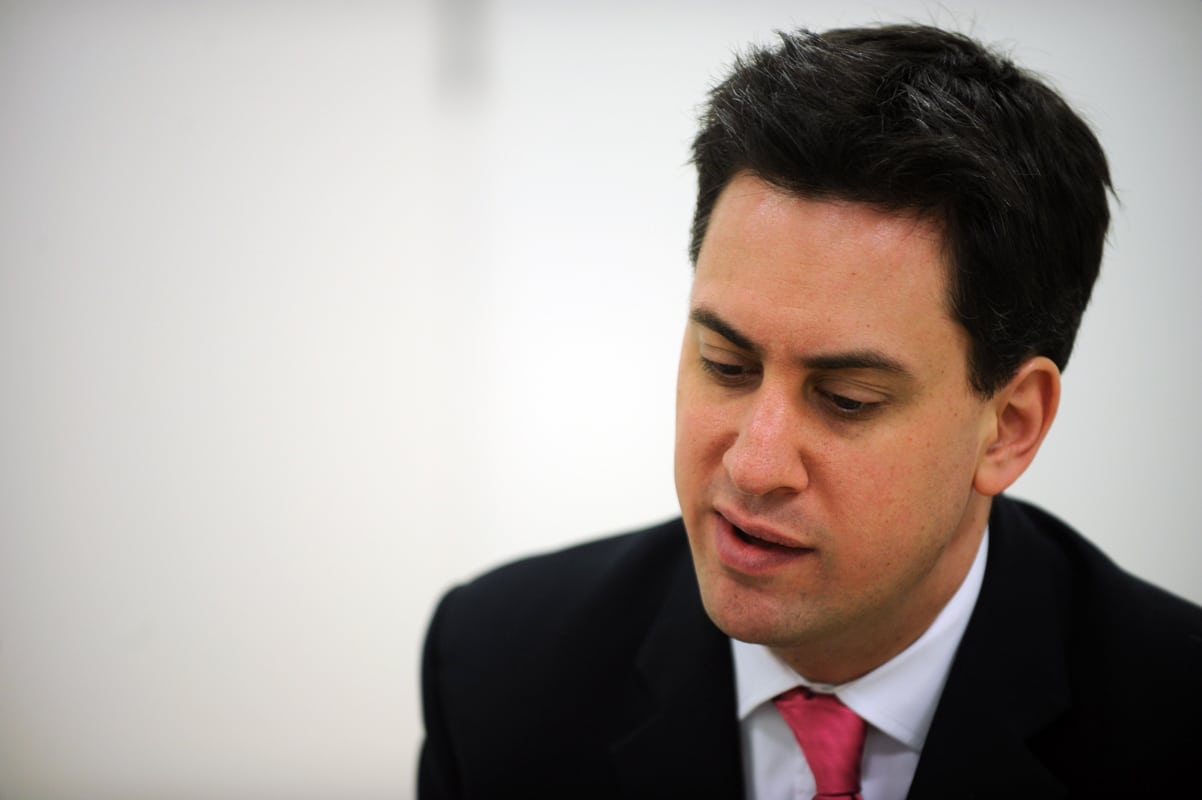The UK’s cross-party consensus on climate change has unravelled since the Tories gained a majority government in last year’s general election, Ed Miliband told an audience at a Guardian Live event Thursday evening.
“The truth is that the consensus has frayed,” the former Labour leader said, “and that really accelerated since the general election with many of the things the government has done and they are deeply, deeply disappointing.”
This includes scrapping the £1bn carbon capture and storage competition last November, which Miliband said was one of the worst things the government has done, along with cuts to solar subsidies.
“The government has, in my view, been far too able to do the wrong thing [on climate change],” Miliband said.
The Science is Urgent
Unfortunately, climate change “is not yet the compelling political issue that it should be” he said, noting the absence of climate change as an issue during last year’s election debates.
But with 2015 being the hottest year on record and last month’s shattering of temperature records “the science has definitely become much, much more urgent” Miliband warned.
Coalition building has been a favoured tool of Miliband’s, who helped garner wide government support to enact the 2008 Climate Change Act.
Miliband also highlighted the ‘high ambition coalition’ formed in Paris last December which helped push for stronger targets under the historic deal.
“Paris went much further than I would have expected,” he said, “but it’s the beginning of the beginning.”
Energy minister Andrea Leadsom has now agreed to adopt a net zero carbon emissions target as outlined in the Paris Agreement after pressure from a Miliband-led coalition of cross-party MPs and other organisations.
Engaging with those in the Conservative Party to build cross-party consensus “is part of the job” Miliband explained.
Unlike the U.S. Republican Party, however, he argued that “most Tory MPs are not climate deniers”. Although he admitted that “personally, I don’t get their beef with wind turbines”.
Public Pressure
But it’s not just about top-down government action. Public pressure is needed on climate change too Miliband said.
He pointed to the ‘keep it in the ground’ campaign that’s been gaining support worldwide as “a major step forward”.
“The interesting and exciting thing about keep it in the ground is it’s a direct challenge to big corporate interests who are… creating problems for us,” he said, adding that the Inside Climate News investigation into what companies such as Exxon might have known about climate change “is very striking”.
“The climate movement shouldn’t lose its sense of ambition,” he argued. “When you have a government that’s incredibly reluctant to act, the answer is not to lower expectations and lower ambition.”
Photo: DECC via Flickr
Subscribe to our newsletter
Stay up to date with DeSmog news and alerts







